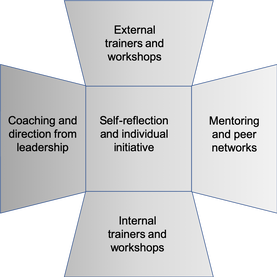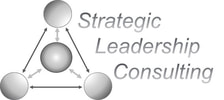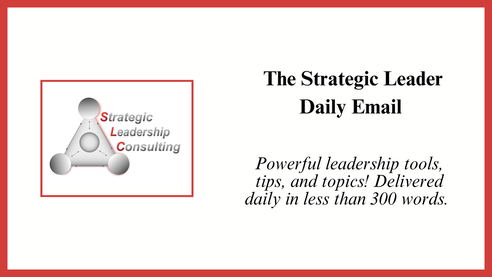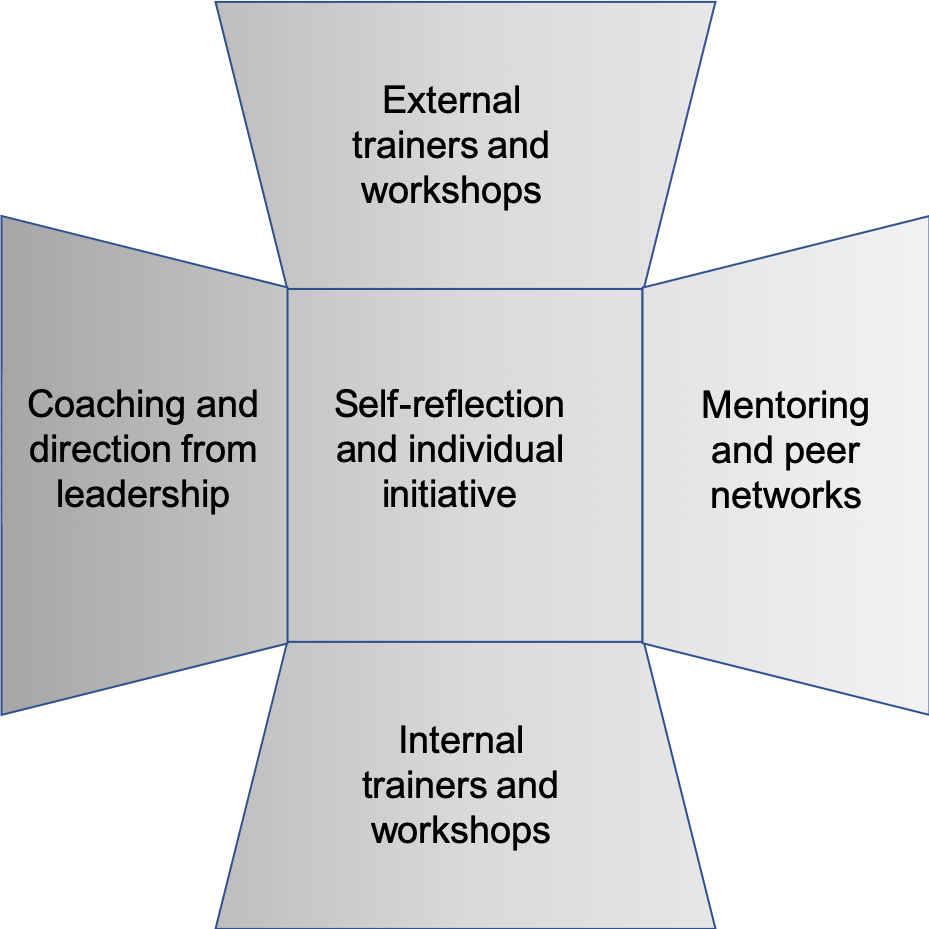 The final face of the cube of development is the most powerful – self-reflection and individual initiative. Understanding why self-reflection is so powerful can help you do better at creating a learning organization. Self-reflection has the following advantages:
Of course, there are challenges:
This is where things get really cool! Imagine an organization in which:
It isn’t that hard to build a learning organization, but it requires special things from leaders:
On any given day about 70 leaders from this list read this email. I know from conversations with many of you that it gets forwarded to lots of other leaders. If you are one of those people, then you find value in the content. Please consider helping me provide better value to more people by doing one of the following:
Do good and be well, Frederick
0 Comments
Colleagues,
I was listening to a podcast last year in which the guest, an organizational development guru, stated that leaders should focus 90% of their time on developing people! If you have been a regular reader, you know that I continually advocate for the role of leadership in developing people. People over process/paper is one of the four components of strategic leadership. Leaders develop people through multiple paths, including structuring the organization for learning, which is the main theme this week. However, leaders also have a huge impact on individuals through direct coaching. Coaching has the following features:
Coaching has three general forms:
The form a leader chooses is based on the knowledge, skills, and reflective abilities of the coachee. In addition to actual coaching, leaders can adopt coaching practices like asking reflective questions. These practices can be easily applied outside of a formal coaching arrangement. An example of this is 5-minute coaching in which a leader asks these three questions:
Another great benefit of coaching is that it leads to the most powerful form of development, self-reflection. More on that tomorrow. I’m considering putting together a 1-2 week online workshop to build leaders’ coaching skills. There would be a modest cost. Please let me know if you are interested. Do good and be well, Frederick Colleagues, Today we’ll look at mentoring and peer networks. Mentoring occurs when someone with more knowledge/skill/experience intentionally helps another person grow in the area of the mentor’s expertise. Mentoring is most typically done by peers as the mentoring relationship requires high trust. A leader could mentor someone in a lower hierarchical position, but when the mentor also evaluates the mentee it probably won’t work well. Too often mentoring is left to chance or is too informal and unstructured to provide adequate value. Asking Cynthia to help the new person isn’t mentoring. Good mentoring programs should:
Peer networks are similar in their need to mentor networks.
It is imperative that in either of these forms, leaders are invested and supportive. Establishing mentoring or peer networks requires follow through. Leaders who invest time supporting them will see them flourish, resulting in increased organizational capacity, strengthened working relationships, and a better organizational culture. If you’d like to learn more about setting up a mentoring program, let me know. Do good and be well, Frederick Colleagues, Today we continue looking at the five faces of the cube of development by focusing on internal training. Internal Trainers and Workshops This face includes multiple advantages, including cost effectiveness and responsiveness to organizational needs. The effectiveness of internal trainers and trainings is limited by two factors:
Appropriateness of content takes us to an important consideration that I didn’t talk about last week: who should decide the content for developing our people? Too many times leaders are the ones who drive training topics, however there are two better sources of information:
The people who are doing the work should be the ones identifying what they need to get better. The role of leadership is to collect and share critical data that help people make good decisions. We’ll look more at this in the future, but when leaders help people make sense of data in order to improve performance, the organization is in an incredibly good position.
Reflect on these questions:
I hope this is helpful. Feel free to share your own thoughts and experiences by replying to this email! Do good and be well, Frederick Colleagues,
Last week we looked at the five faces of the cube of development. This week, I’ll clarify how to best use and integrate each face into your organization for maximum impact. External Trainers and Workshops This face is the most expensive form of development. It may be the best option when one or a few people need to acquire specific knowledge or skills. It can be effective for a whole team to attend so they can support each other in the future. External training has three weaknesses:
Since this training occurs away from the organization, there is often little organizational support for the training attendee as they try and implement what they learned. Organizational practices that allow for both sharing of the knowledge and follow-up support for those implementing it are key to capturing the value of external training. To share information, the attendee can:
To increase support for applying the new knowledge, the attendee should create a basic plan for implementing the new knowledge. This plan should include behaviors and outcomes and a leader should help support the plan by checking for implementation. This takes significant effort, but why would you invest thousands of dollars for training and not follow through with support? Let me know if you have other ideas to add! Do good and be well, Frederick |
Categories
All
Archives
July 2024
|



 RSS Feed
RSS Feed